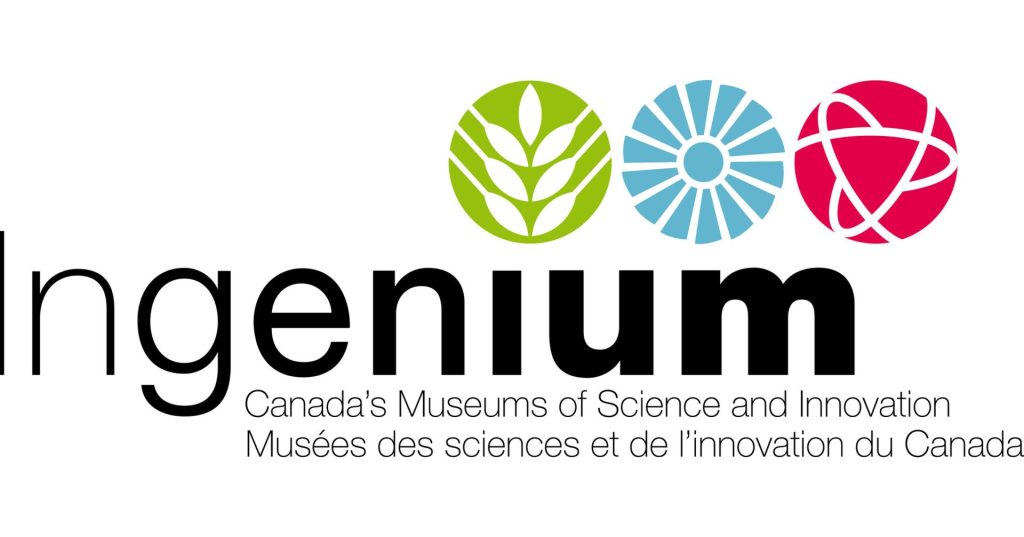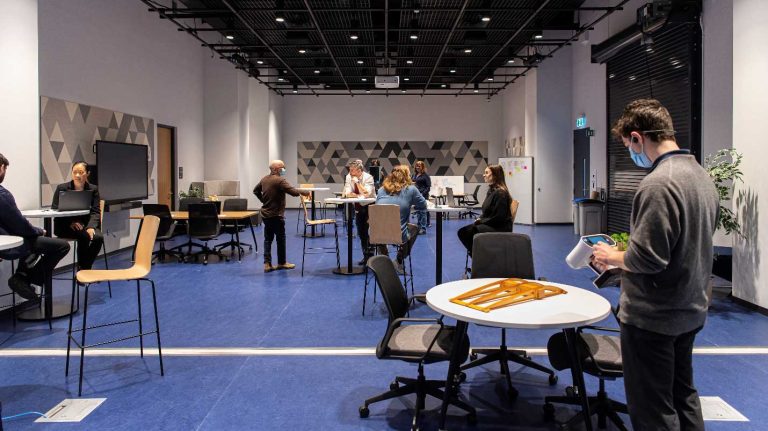Unique in Canada, Ingenium’s Digital Innovation Lab is exploring innovative ways to harness the power of digital to champion physical, cognitive, sensory, and socio-economic accessibility for all.
There are over six million people with disabilities in Canada. Organizations must start finding ways to remove and prevent barriers for the public now. Providing access for all is not just one of Ingenium’s core goals – it’s a key societal value. Many organizations research and develop digital technologies to improve digital accessibility, but don’t have the tools, expertise, equipment, know-how, or specialized skills required to put them into action.
At Ingenium – Canada’s Museums of Science and Innovation, our Digital Innovation Lab looks to partner and collaborate with organizations that seek to develop products and experiences that are community-based and inclusive, and to help advance the development of digital accessibility standards and practices for everyone’s benefit. We will take on some of the innovation risk from other organizations and partners by creating value through the development of skills, the building of digital literacy, the offering of specialized workshops and consultation services, and the testing of digital products with a network of relevant audiences.
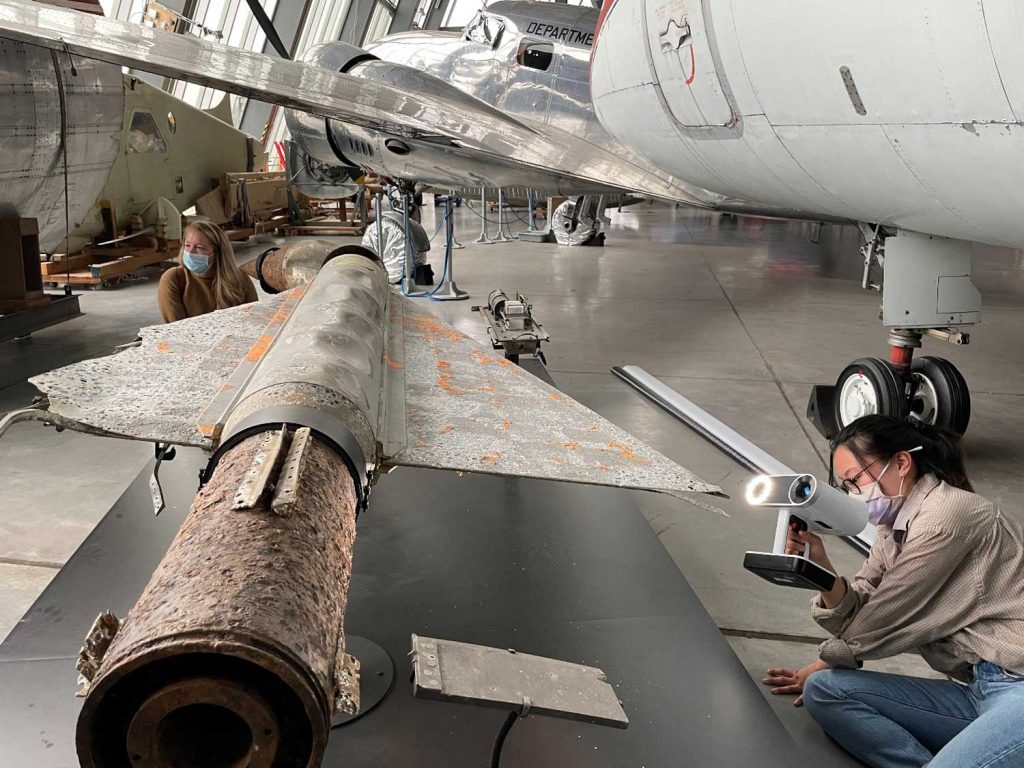
Home to three national museums in Ottawa – the Canada Agriculture and Food Museum, the Canada Aviation and Space Museum, and the Canada Science and Technology Museum – and to a purpose-built Centre that holds an impressive collection of over 150,000 objects of national significance, Ingenium has an array of assets that can be utilized and transformed into engaging public programs and amazing digital experiences. The expertise we gain and capabilities we build enables the Lab to offer Ingenium’s three museums innovative ways to showcase its collection of artifacts, create immersive environments and improve the interactive experiences for all audiences.
Digital can help provide a more accessible and inclusive experience for audiences interacting with spaces, whether in-person or online. At Ingenium’s museums, for people with barriers to geographic access, putting 3D models of artifacts online is just one way to reduce those barriers. 3D printing tactile models of those artifacts for people who like learning through touch, or have a vision impairment can help with engagement, while ensuring the longevity of our collection for future generations.
Investing in digital accessibility and collaborating with the Digital Innovation Lab
Canada is a world leader in ensuring that private and public organizations comply with accessibility standards and legislation, as outlined in the Accessible Canada Act. Ingenium’s Digital Innovation Lab makes what is a complex – but necessary – step towards providing inclusive experiences all that much more feasible.
The vision for the Digital Innovation Lab is to be Canada’s go-to creative hub to help move the needle on digital accessibility to make experiences more inclusive from the start. Bringing together a network of public, private and academic sectors with Ingenium’s user experience (UX), interpretive, and digital experts to develop digital accessibility solutions, methods and products, the Lab offers a unique opportunity to connect, collaborate, and create in an innovative hub that improves access to digital experiences.
Working with the Lab has enabled students from Ottawa’s Algonquin College to explore how to effectively take museum content online. Jed Looker, Professor of Interdisciplinary Studies says, “Ingenium provided our postgraduate students the opportunity to practice their research and design skills in a real-world context. Working directly with the museums and their stakeholders our students gained industry experience while studying, an applied learning experience that directly supported their career ambitions.”
Designing with accessibility in mind is a first step towards providing wide-reaching experiences that translate to added value for any organization. It all comes back to meeting audiences where they are. 3D scanning entire spaces (like museum exhibitions, facilities, schools, shops, and more!) can open up the opportunity for advanced digital experiences that will allow audiences to tune in from almost any space – and across physical, cognitive, sensory, and socio-economic barriers.
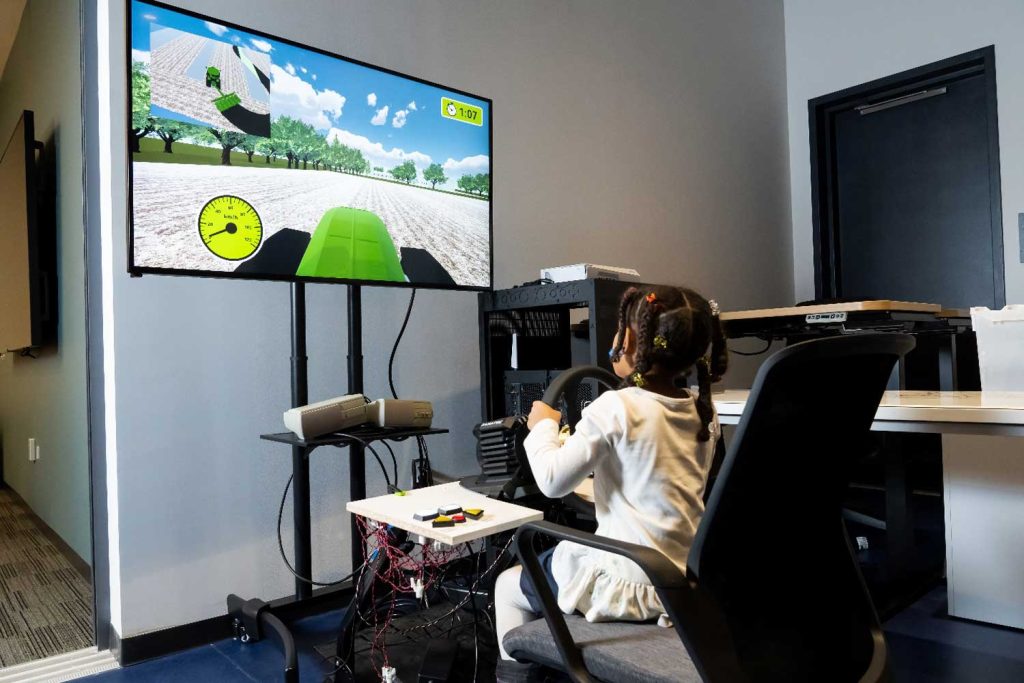
“I have really enjoyed and appreciated working with this Lab. I find that they really think through their projects carefully, ask great questions, listen to our feedback and involve consultants in all stages of development” says Kim Kilpatrick, who worked with the Lab on behalf of the Canadian Council of the Blind and as an independent arts consultant. “I am always excited to work with them on their very innovative projects.”
The Digital Innovation Lab provides customary services to help design, enhance, test and deploy digital products against the highest standards in digital accessibility. We offer:
- A customizable space that has been built with accessibility in mind
- Highly specialized and advanced 3D scanners that can quickly digitize small to large objects and spaces at a high level of fidelity and low cost
- Digital expertise by way of collaborative opportunities and specialized workshops in digital accessibility, 3D scanning and rendering, user experience (UX), and more
- A wide variety of audiences for user testing your digital products
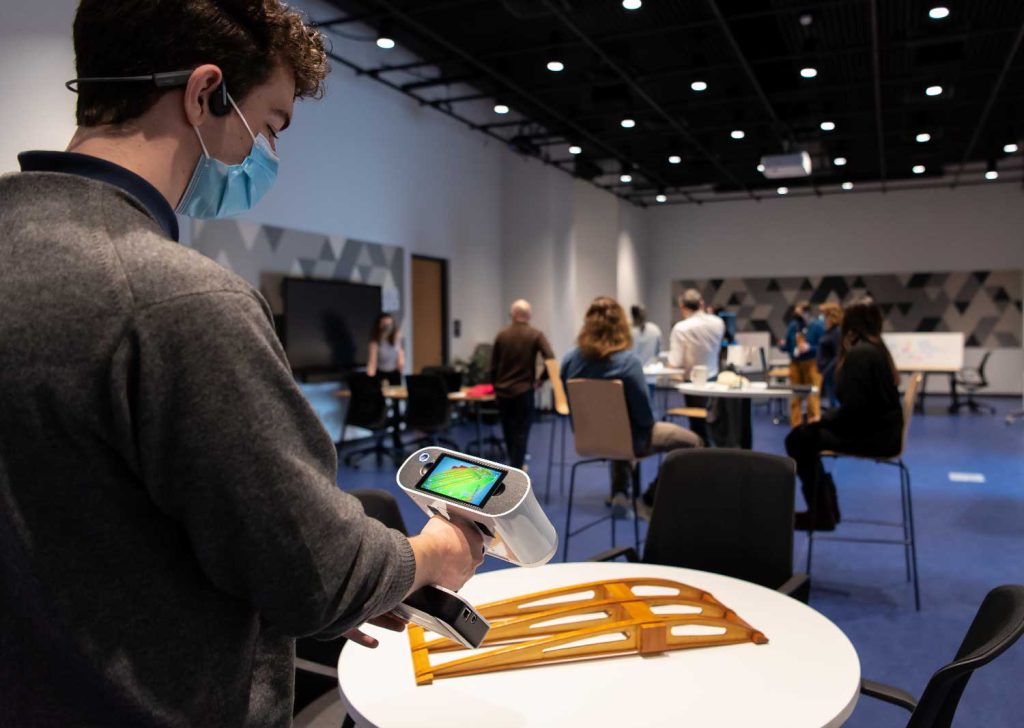
Breaking down barriers to access
Pushing research to find, remove, and prevent barriers to access is just one way that Ingenium is helping to building a nation of collaborators, communicators, and critical thinkers. And that benefits everyone.
It’s our hope that the knowledge we gain, and lessons learned around digital accessibility in the Digital Innovation Lab can be shared with anyone interested in making digital products more accessible in their own spaces. To learn more visit https://IngeniumCanada.org/Lab.
